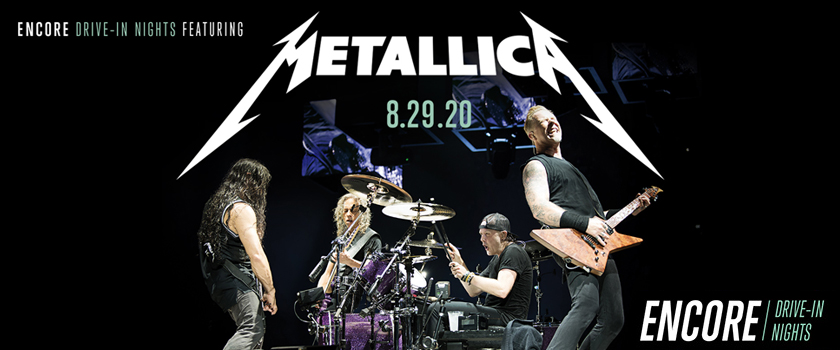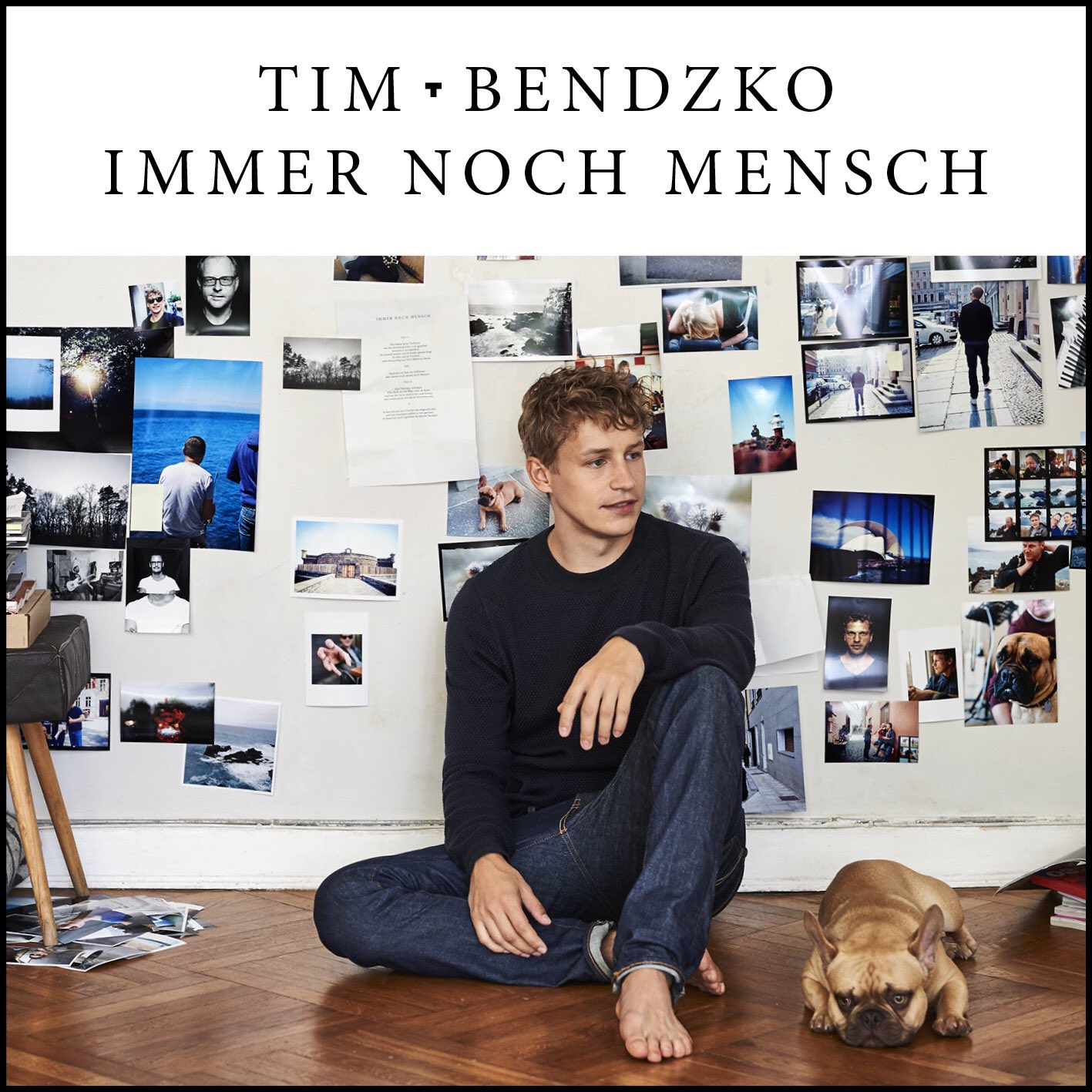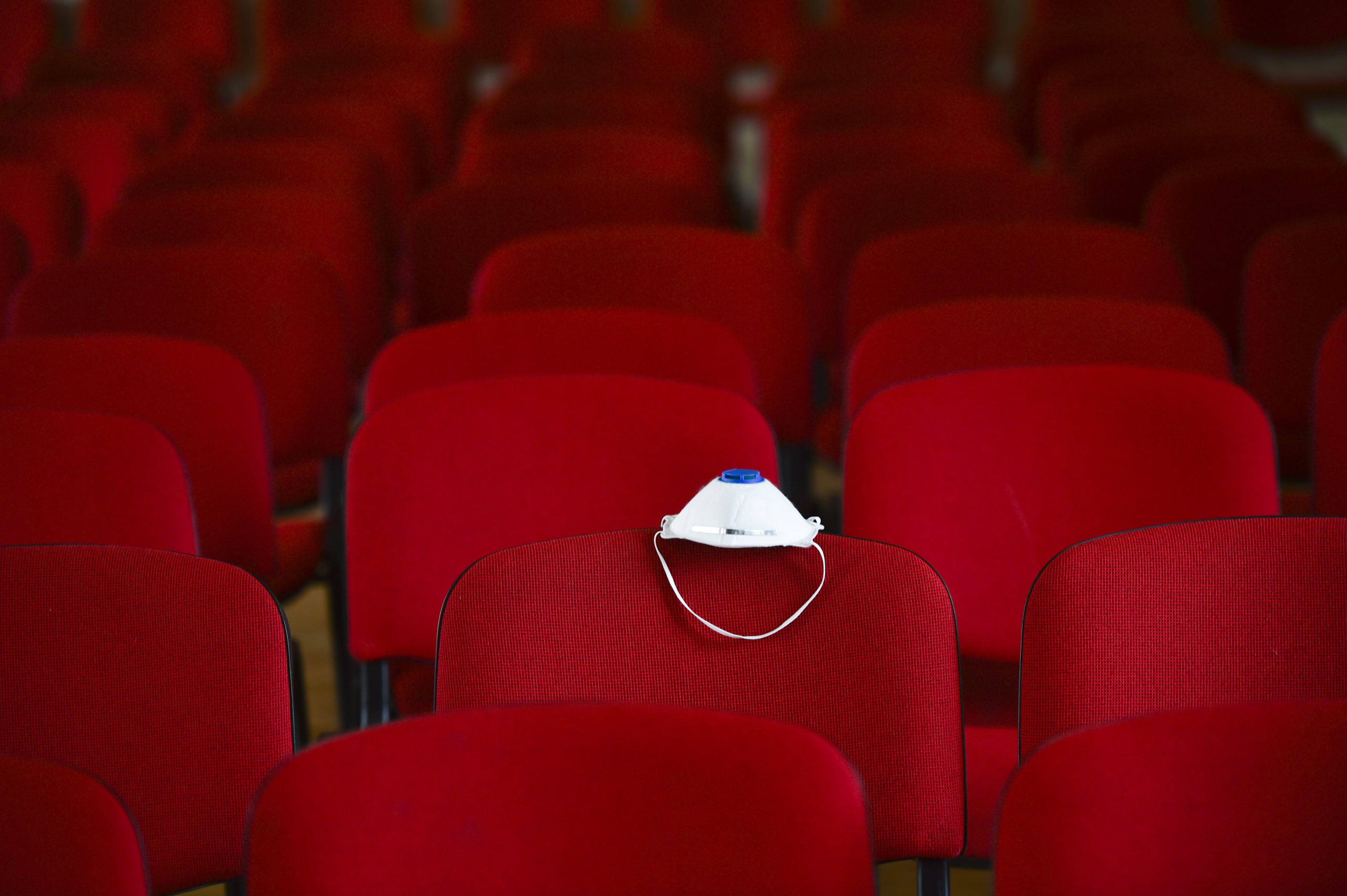Are You Just Dying To Go To A Concert?
In this piece, Fred Jacobs shares information gathered from focus groups on what music fans are missing most since the COVID shutdown began, and some of the strategies researchers are pursuing as they explore how to bring live music back in a post-Corona world.
Guest post by Fred Jacobs of Jacobs Media Strategies
At Jacobs Media, we’ve been conducting a series of Zoom focus groups over the past few months. While our two quantitative studies about COVID-19 conducted among fans of commercial, public, and Christian music radio fans have been insightful, there’s nothing quite like talking to real people slogging through the pandemic.
These virtual groups have been very revealing, opening up a window to the souls of many people deeply impacted by the coronavirus in many ways. In recent weeks, I’ve been hearing more anxiety, stress, depression, and exasperation with the state of things. There’s a realization this thing isn’t going away. And the situation is being exacerbated by the start – or stoppage – of school from K-12, as well as the changing status of college classes and campus life.
A very telling question I’m asking is this:
Since COVID-19, what is the one thing you miss the most?
While the answers tend to cover a lot of ground, and often get very personal, going to concerts is a common response, especially in the many rock-flavored groups I’ve moderated. Many respondents explain how they had already purchased tickets for various concerts, festivals, and music events, only to see those hopes dashed by the pandemic. They long to get back into the routine of watching their favorite artists and bands perform their music in a live setting, full of the sounds, smells, and energy that only come from a live show.
And as we watch baseball, hockey, basketball, and perhaps football being played in front of vast, unpopulated stadiums, it is impossible to imagine a Rock, Country, or Pop concert being played to vast seas of empty seats.

Metallica’s drive-in tour, scheduled for next week, is the first of the rock genre in the Encore Drive-In series, a bold experiment from a band that has been especially innovative these past few months.
After half a year with none of these music extravaganzas, I would expect these makeshift concerts to do quite well. Rockers, in particular, are starved for entertainment, so any performance by a favorite band will be enthusiastically supported. But it’s not to be a solution to the main problem caused by COVID.
Many people long for the day when they’ll be able to attend a live concert, in a theater, arena, or a stadium where there’s a real band on stage, playing in real time in front of thousands of unabashed fans.
And they’d be willing to put up with all the well-known hassles, expenses, and indignities that come along with the experience: costly parking, long bathroom lines, $8 beers, traffic jams in and out of the venue, and merch prices that are eye-boggling.
But not death.
Because that’s what the price of going to a concert in the middle of this pandemic could be. And that’s not just those who go to the show. As we’ve learned the hard way with COVID, asymptomatic transmission isn’t just possible, it’s common. Thus, concertgoers could bring it home, to work, and to school.
So, when I read the story about how a German science experiment earlier this month packed 1,500 volunteers into a concert hall to test for transmission and contagion in events like this, it grabbed my attention.

This innovative concert took place in Leipzig, featuring the German pop star, Tim Bendzko, part of a research study called Restart-19. All the volunteers were tested 48 hours prior to the concert.
According to Forbes’ Daniel Cassady, the study ran three scenarios, each testing different conditions of virus safety. The first was meant to feel like a pre-COVID show – no precautions. The second featured somewhat better hygiene along with social distancing measures, while the third had rigid limitations on the number of attendees, featuring strict mask wearing and social distancing.
No one apparently got a backstage pass, but all concert-goers were handed a face mask, fluorescent hand sanitizer, and an electric “contact tracer” to collect data on proximity to others and distancing at the show.
The data will be analyzed by the University of Halle, with results expected back by the end of 2020. It is far from the be-all-and-end-all experiment as some events would include more alcohol consumption, moshing, etc.
But it’s a start. And while it may not be anywhere near as important as vaccine research and trials, it could provide economic breakthroughs, especially safety protocols that might allow for more of these shows to happen in Germany – and around the world.
CNN Travel noted this experimental concert was all about using science to learn what’s possible – and what’s not. As the dean of the medical faculty, Dr. Michael Gekle, explained the logic behind this experiment:
“We cannot afford another lockdown. We have to gather the data now in order to be able to make valid predictions.”
Journalist Elizabeth Grenier attended the concert, brought along her smartphone, and captured some video.
You have to to give Tim Bendzko, the scientific team, and all the volunteers much credit for methodically attacking this problem. So often here in the States, we’ve had erratic testing, premature openings, and randomly relaxed restrictions, only to be sadly disappointed by the results. And in some cases, large gatherings have resulted in mass infections, and even deaths.
The business community could play a role here. It would have made sense for Live Nation to partner with one of America’s great medical universities to launch innovative experiments of their own. Not only might actual science save their business, the findings would certainly be of value to the rest of the country, grappling with what to do next.

I like music as much as the next fan. But not enough to put my life – or yours – in jeopardy. Most artists likely would agree. While they could insulate themselves on a tour in their “bubble” or book a residency in Vegas or Atlantic City, that does nothing to protect their fans or their road crews.
As Thomas Edison, Jonas Salk, and Anthony Fauci would no doubt agree, none of this is “an exact science.” But when we don’t create organized experiments that employ the scientific method, we fall into the painful trap of disappointment and setbacks – making an already bad situation even worse.
Using science to assess risks, and figure out protocols is the only pathway that gets us back to some semblance of “normal.”
Are you dying to go to a concert?
You shouldn’t have to.
Fred Jacobs founded Jacobs Media in 1983, and quickly became known for the creation of the Classic Rock radio format.
Jacobs Media has consistently walked the walk in the digital space, providing insights and guidance through its well-read national Techsurveys.
In 2008, jacapps was launched – a mobile apps company that has designed and built more than 1,300 apps for both the Apple and Android platforms. In 2013, the DASH Conference was created – a mashup of radio and automotive, designed to foster better understanding of the “connected car” and its impact.
Along with providing the creative and intellectual direction for the company, Fred consults many of Jacobs Media’s commercial and public radio clients, in addition to media brands looking to thrive in the rapidly changing tech environment.
Fred was inducted into the National Radio Hall of Fame in 2018.